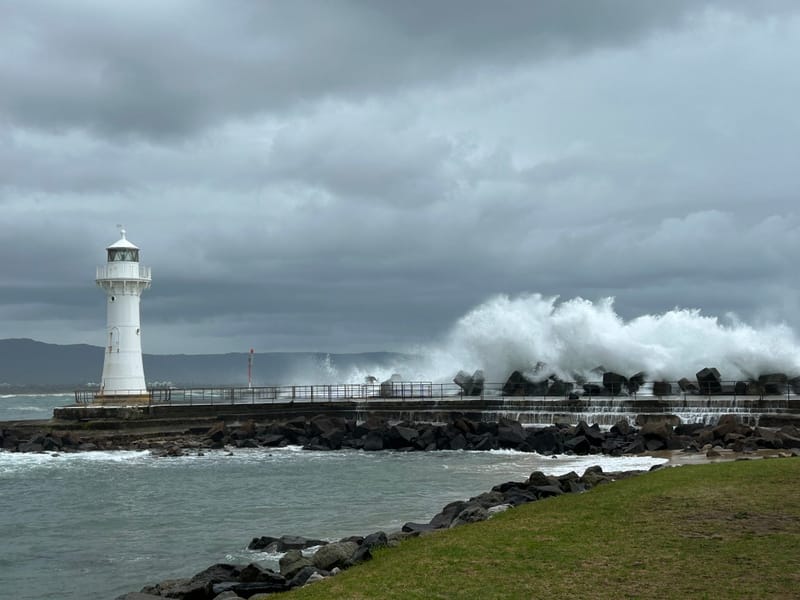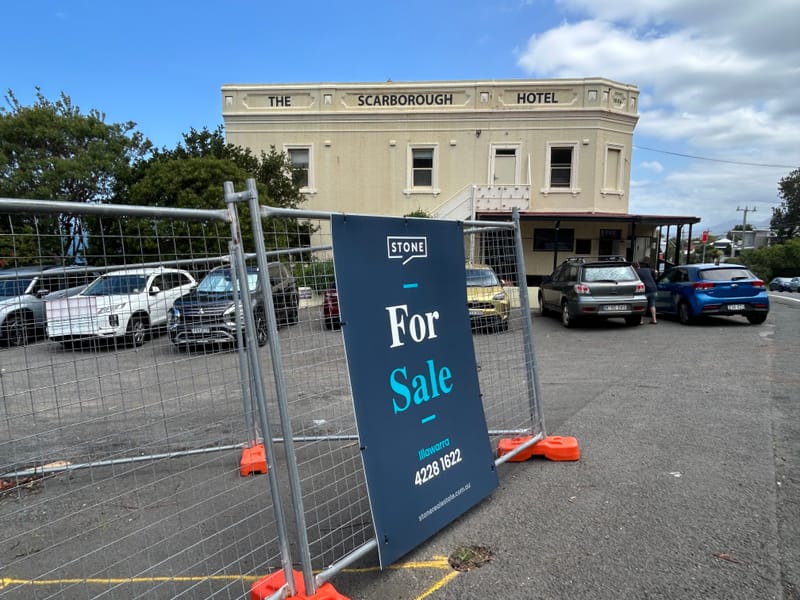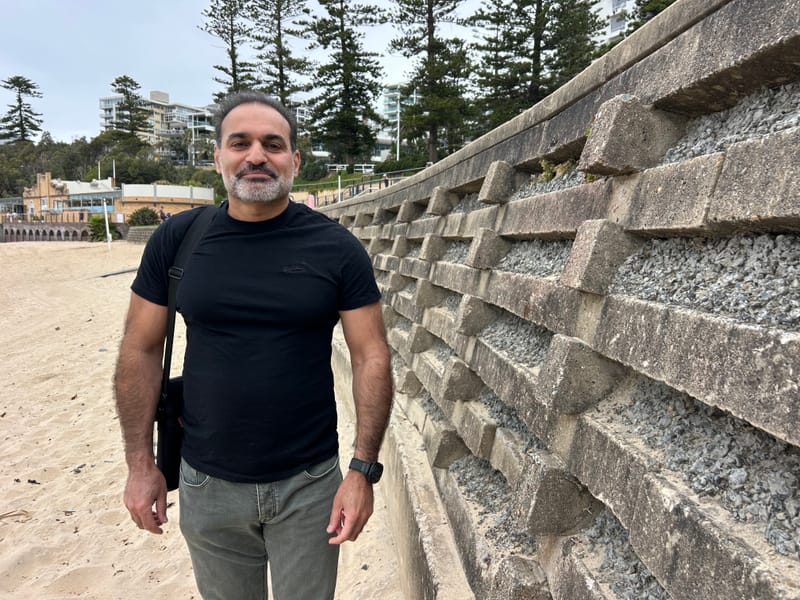Police watchdog says compulsory use of body-worn cameras will help restore public trust
"Our suggestion is that police should turn on their body-worn cameras the minute they unbuckle their seat belts at an incident." The head of the independent NSW Law Enforcement Conduct Commissioner (LECC), Anina Johnson, told a public forum at the...
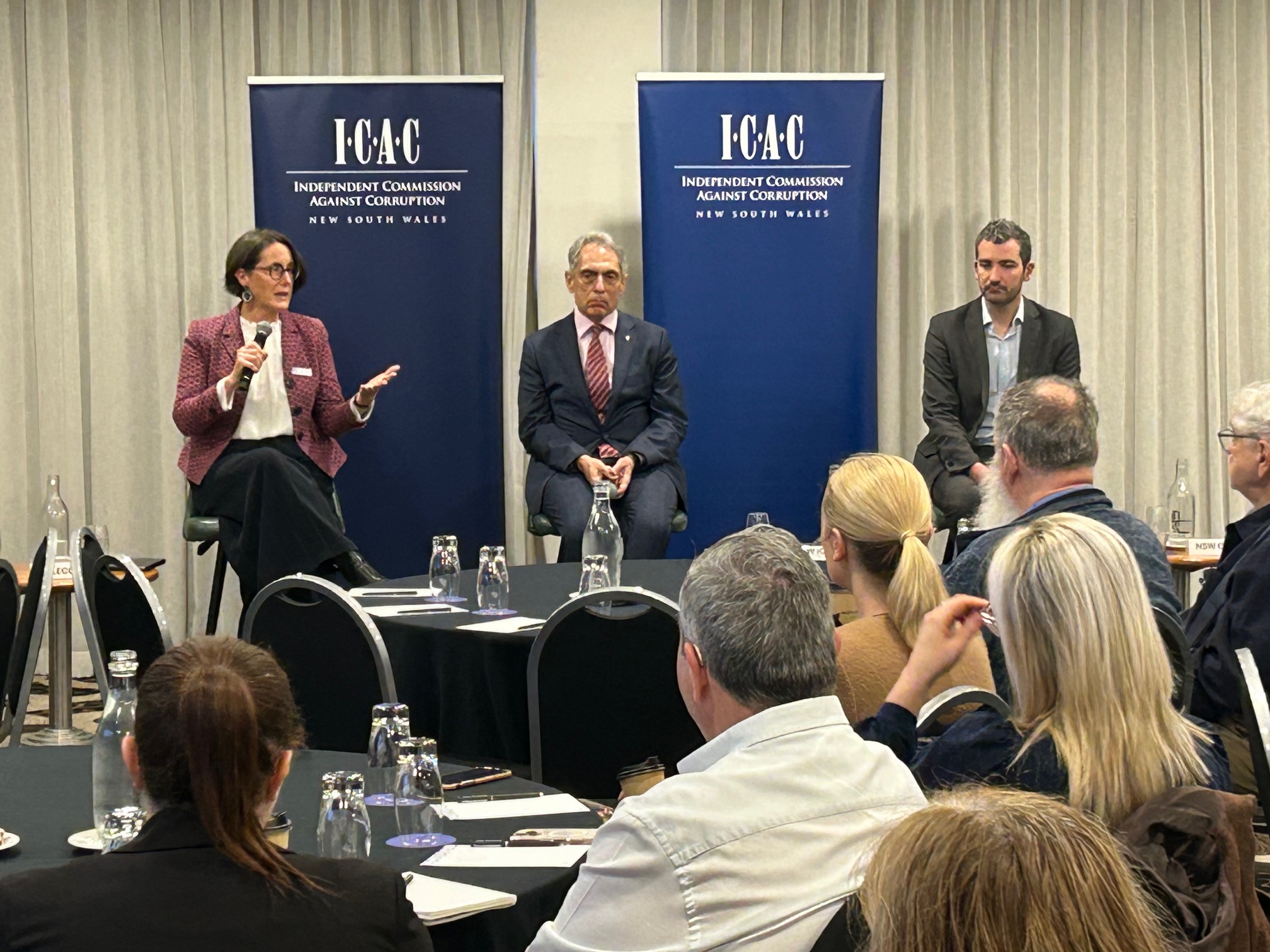
"Our suggestion is that police should turn on their body-worn cameras the minute they unbuckle their seat belts at an incident."
The head of the independent NSW Law Enforcement Conduct Commission (LECC), Anina Johnson, told a public forum at the Novotel on Thursday that the current situation where use of body-worn video cameras by police is discretionary doesn't make sense.
"It is currently left to individual police officers to decide when to turn on their cameras when interacting with the public," Ms Johnson said. "Our view is why wouldn't you turn your camera on? We think the cameras are the best friend for a police officer on duty. It shows exactly what happens and can help deal with any concerns raised after an incident from the word go."
The debate over whether NSW Police should activate their body-worn cameras as a part and parcel of their job has raged for years.
Earlier this year, the LECC – whose role is to detect, investigate and expose serious misconduct within the NSW Police Force – released a report with 15 recommendations into the use of body-worn cameras.
That report highlighted inconsistent police practices and attitudes towards the cameras and a lack of clarity in the directions given to officers regarding when they should activate the devices.
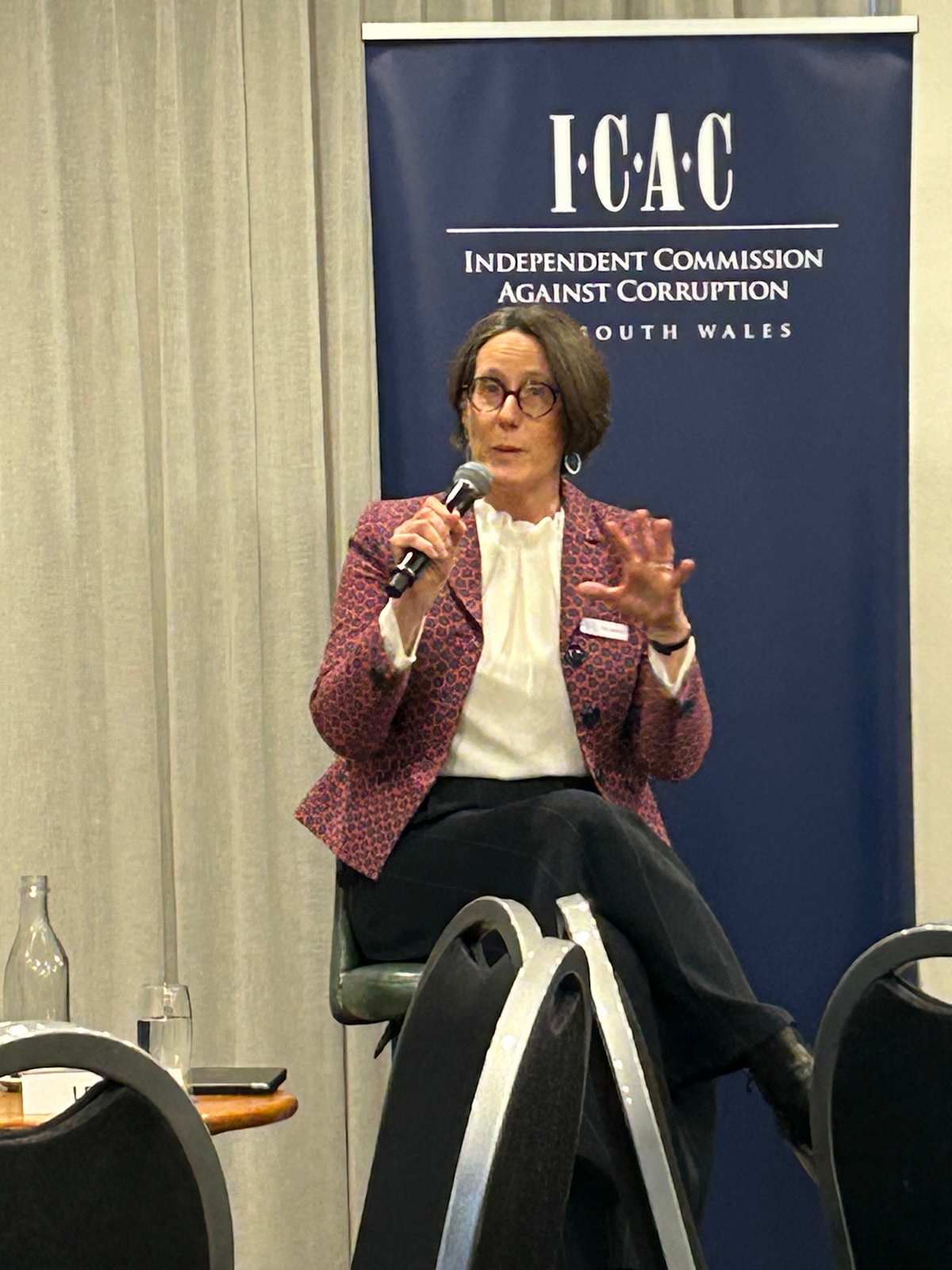
Ms Johnson told the Wollongong forum, which was also attended by the heads of the Independent Commission Against Corruption and the NSW Ombudsman, that while their recommendations were presented to the NSW Police earlier this year "we haven't heard back from them".
She gave an example of a situation where a man was shot dead by a police officer: "But the police officer only turned on his camera after that incident took place. The officer may have done the right thing. We don't know.
"Our suggestion is that police should turn on their body-worn cameras the minute they unbuckle their seat belts at an incident. That way we can see exactly what happened … turn it on or tell us why you didn't."
The LECC report's key recommendation is that NSW Police mandate the use of body-worn camera, requiring all officers, including tactical and non-uniformed personnel, to activate them when exercising police power or when an interaction is likely to lead to the exercise of such powers.
Ms Johnson said while about 10 per cent of complaints the LECC received were from police raising concerns about what's happening in their organisation, the vast majority came from the general community.
The LECC report found there was no policy in place to allow individuals making complaints about police conduct to access relevant video footage.
The NSW Police Force has acknowledged the LECC report, saying it will "consider the contents of the report and its recommendations". However, the public and advocacy groups are demanding swift and decisive action to restore trust in police and ensure accountability.
Read more
ICAC education tour tells Wollongong Council, public how to avoid future misconduct drama


